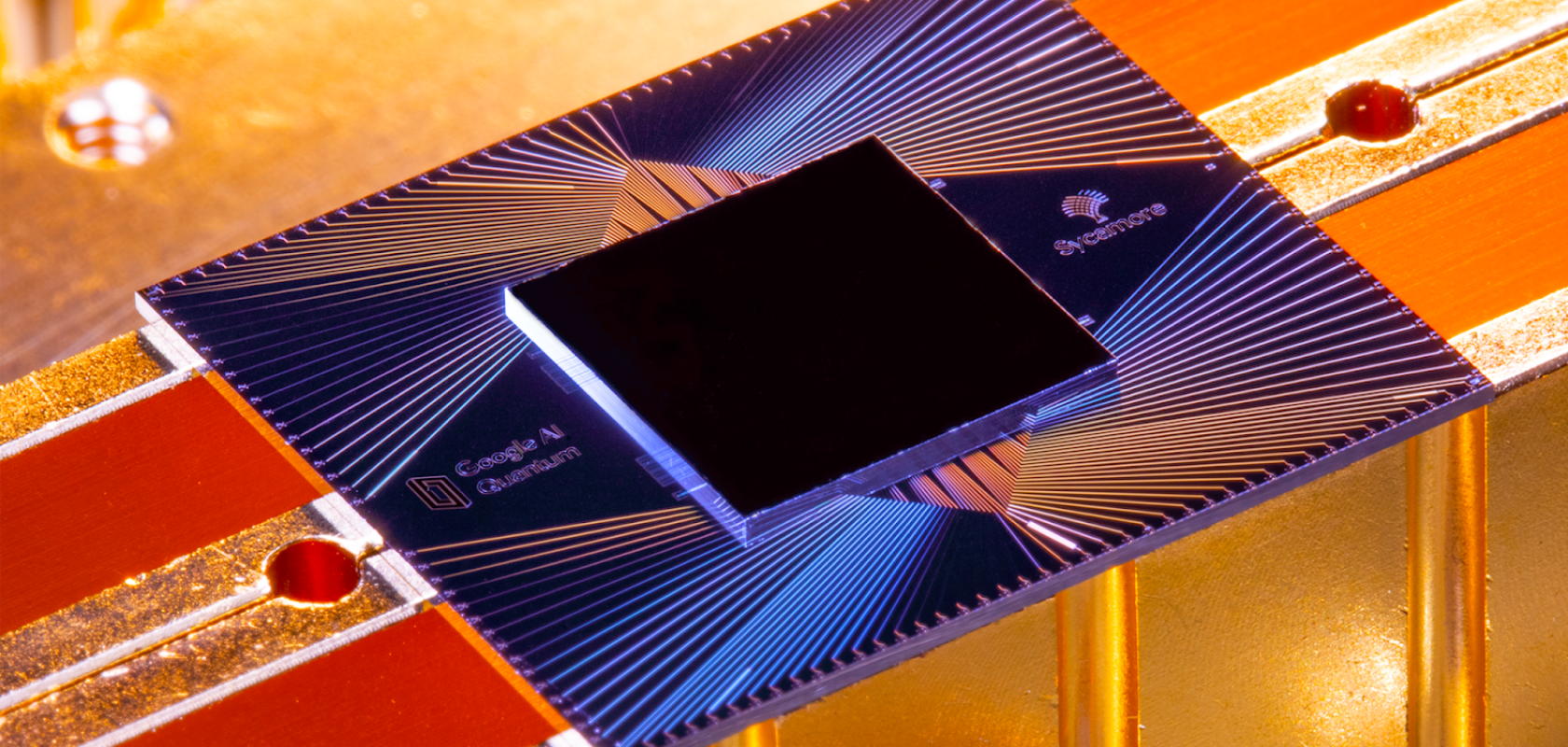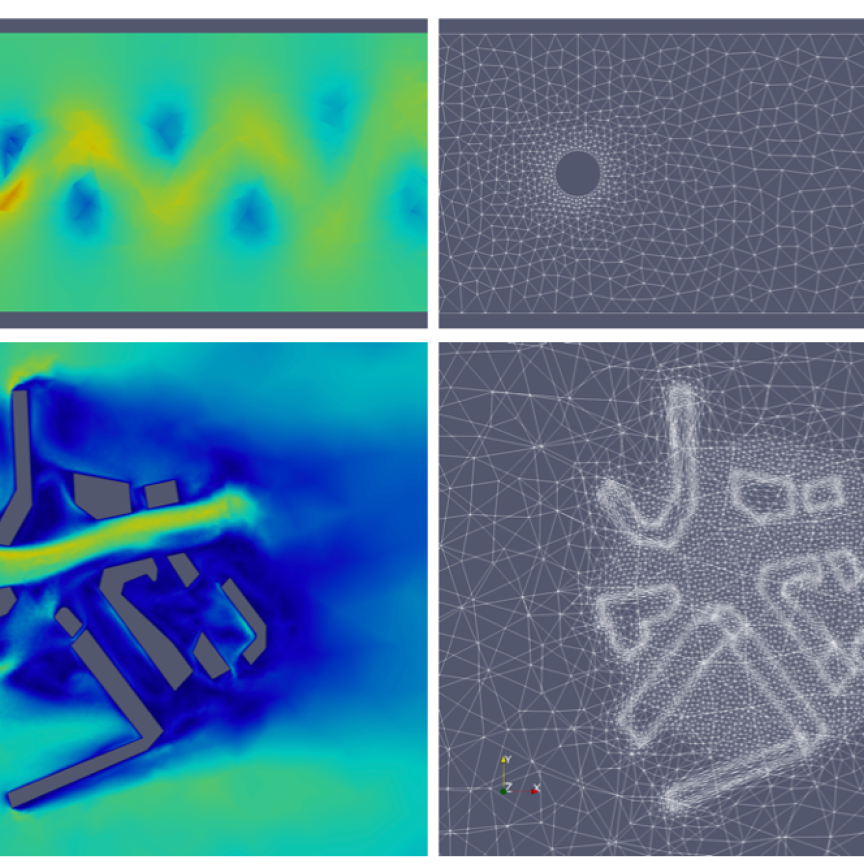Google has claimed quantum supremacy based on results of an experiment recently published in the Nature article, 'Quantum Supremacy Using a Programmable Superconducting Processor'. The development of quantum computing is a very competitive area of research as quantum computers could perform some calculations much faster than is possible with conventional systems, this opens up new possibilities in applications such as physics, chemistry and machine learning.
The claims are based on a 54-qubit processor developed by Google, named 'Sycamore', which the company claims performed the target computation in 200 seconds - a feat that would take the worlds fastest supercomputer 10,000 years.
In a blog post, John Martinis, Chief Scientist Quantum Hardware and Sergio Boixo, Chief Scientist Quantum Computing Theory, Google AI Quantum described the experiment. ‘In the experiment, we first ran random simplified circuits from 12 up to 53 qubits, keeping the circuit depth constant. We checked the performance of the quantum computer using classical simulations and compared with a theoretical model. Once we verified that the system was working, we ran random hard circuits with 53 qubits and increasing depth, until reaching the point where classical simulation became infeasible.’
The quantum supremacy experiment was run on a fully programmable 54-qubit processor named “Sycamore.” It’s comprised of a two-dimensional grid where each qubit is connected to four other qubits. As a consequence, the chip has enough connectivity that the qubit states quickly interact throughout the entire processor, making the overall state impossible to emulate efficiently with a classical computer.
The success of the quantum supremacy experiment relies on the design of the SYcamore processor which Google describes as having improved two-qubit gates with enhanced parallelism that reliably achieve record performance, even when operating many gates simultaneously.
‘We achieved this performance using a new type of control knob that is able to turn off interactions between neighbouring qubits. This greatly reduces the errors in such a multi-connected qubit system. We made further performance gains by optimising the chip design to lower crosstalk, and by developing new control calibrations that avoid qubit defects’, states Martinis and Boixo.
The Sycamore quantum computer is fully programmable and can run general-purpose quantum algorithms. Since achieving quantum supremacy results last spring, our team has already been working on near-term applications, including quantum physics simulation and quantum chemistry, as well as new applications in generative machine learning.


